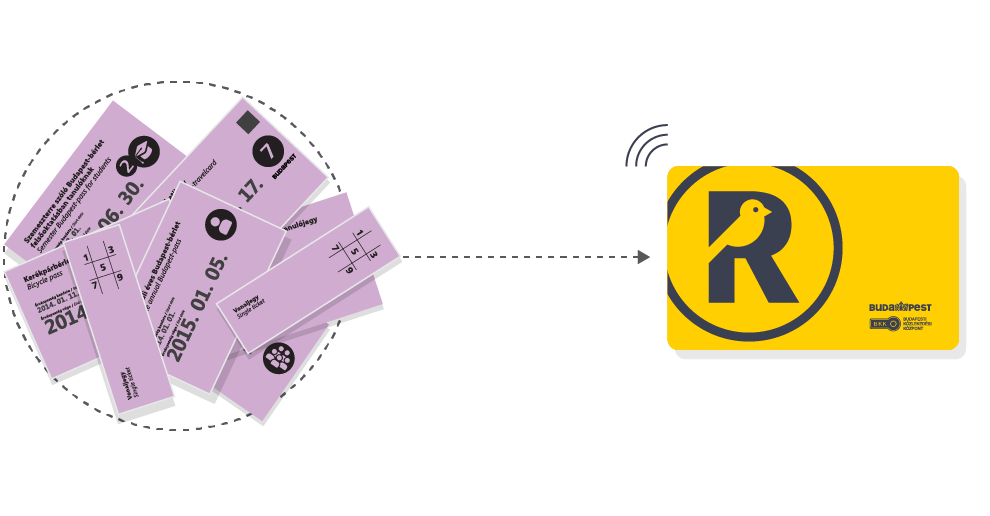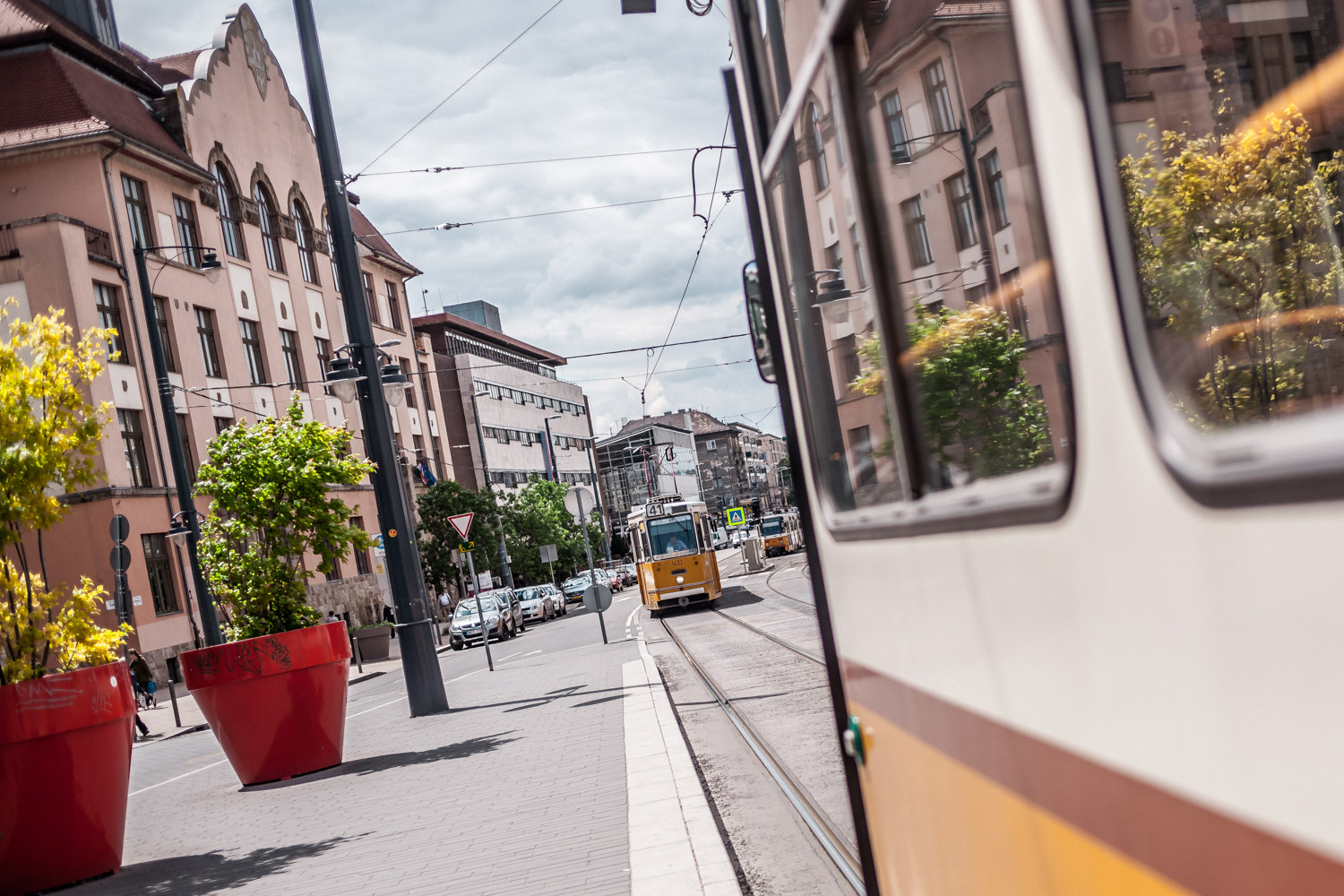After announcing large-scale plans outlining the transition to electronicticketing for the entire public-transport system of Budapest, BKK is now taking serious steps in an effort to create a modern payment infrastructure similar to that in progressive cities all over the world. Ticket gates were installed last year for testing purposes at Corvin-negyed metro station, and the official testperiod began a few days ago, involving hundreds of BKK employees who’ll start using electronic smart cards to help experts fine-tune the software elements and production lines of the new system, called RIGO (meaning “thrush” in Hungarian, but also an acronym made up of the Hungarian words for flexible, integrated, economical, and smart). The company is hard at work behind the scenes as well, developing the central hardware and software systems, data links, and transaction systems.
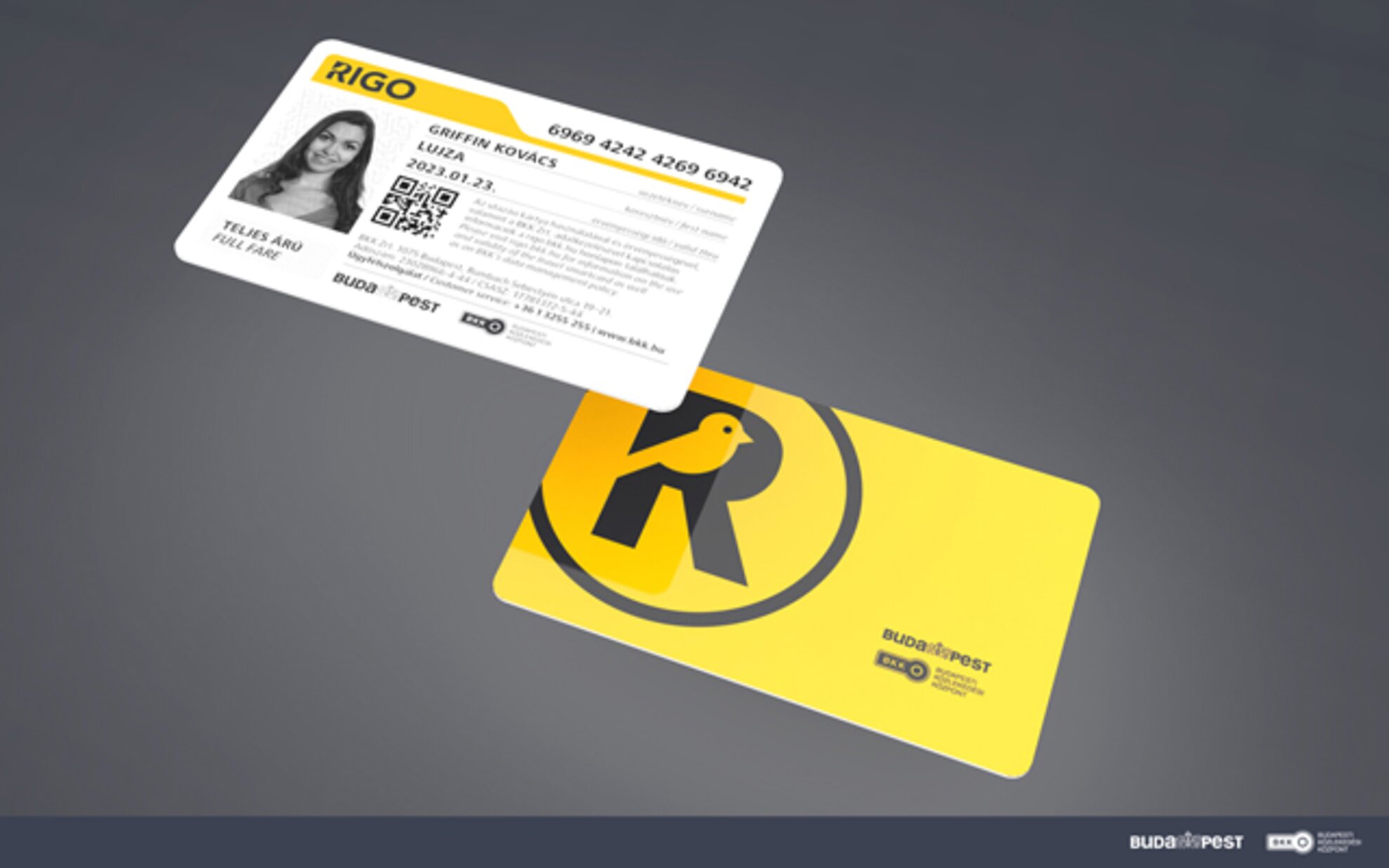
The phasing out of traditional paper tickets and passes will begin gradually after the launch of the electronic ticket system, and BKK will start relying exclusively on the central electronic accounting system of RIGO. Tickets and passes will be replaced by smart cards featuring a photo of the owner, which will be issued after registration on the new RIGO platform. The system will look a lot like the ones used by banks, with all cards, stations, and vehicles connected to a main control unit.
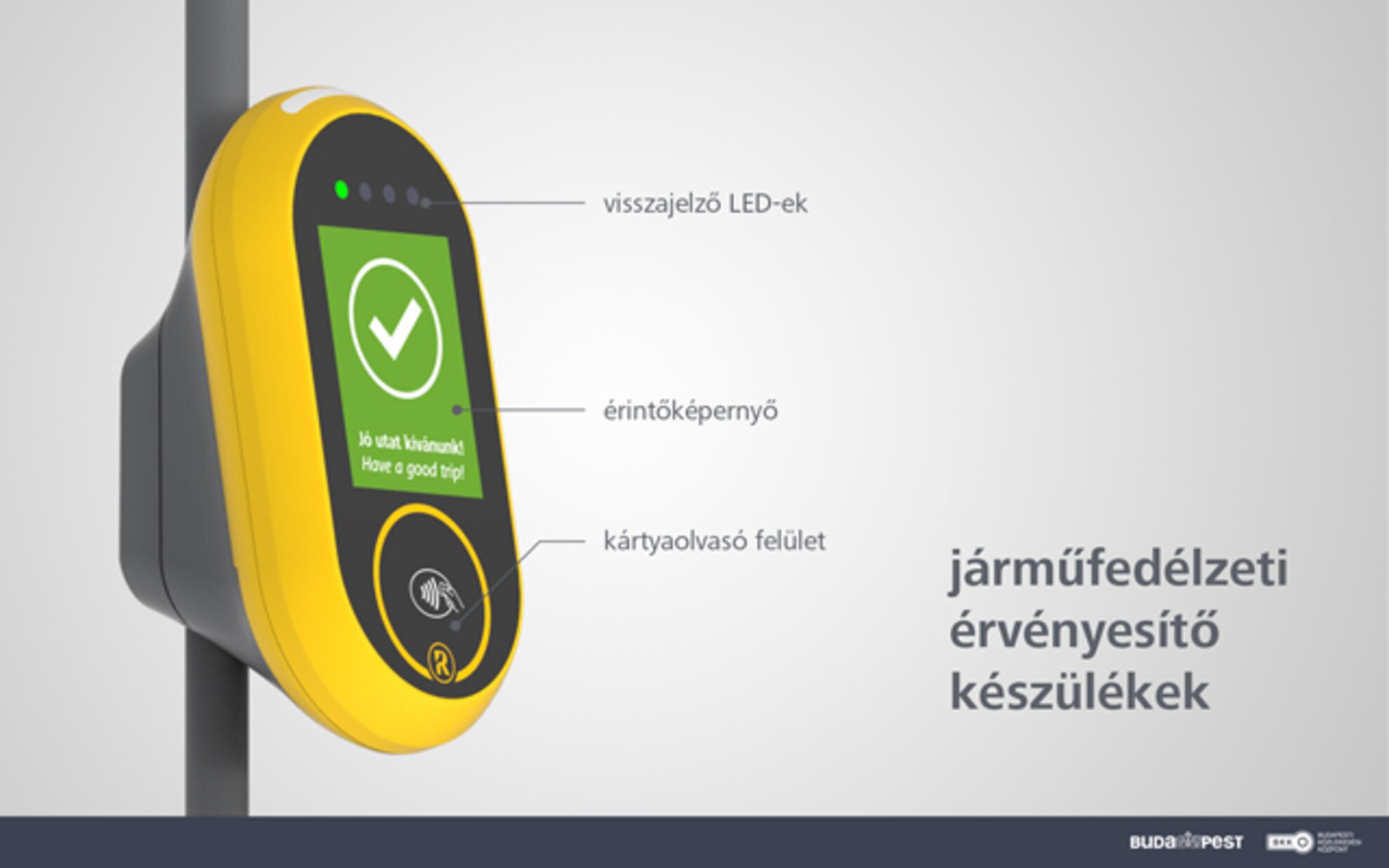
In addition to being a much more modern way of ticketing, the system will feature a number of additional benefits, such as daily fare capping, calculation of the cheapest possible tariff, and cooperation with related systems, such as suburban transport lines. Once the new platform is fully functional, passengers will be able to purchase time-based and “transfer” tickets as well. If a commuter loses their travel card, the remaining balance can be restored thanks to the central database of the public transport company. Another essential change is that RIGO will be compatible with mobile payments, sparing us the hassle of standing in line.
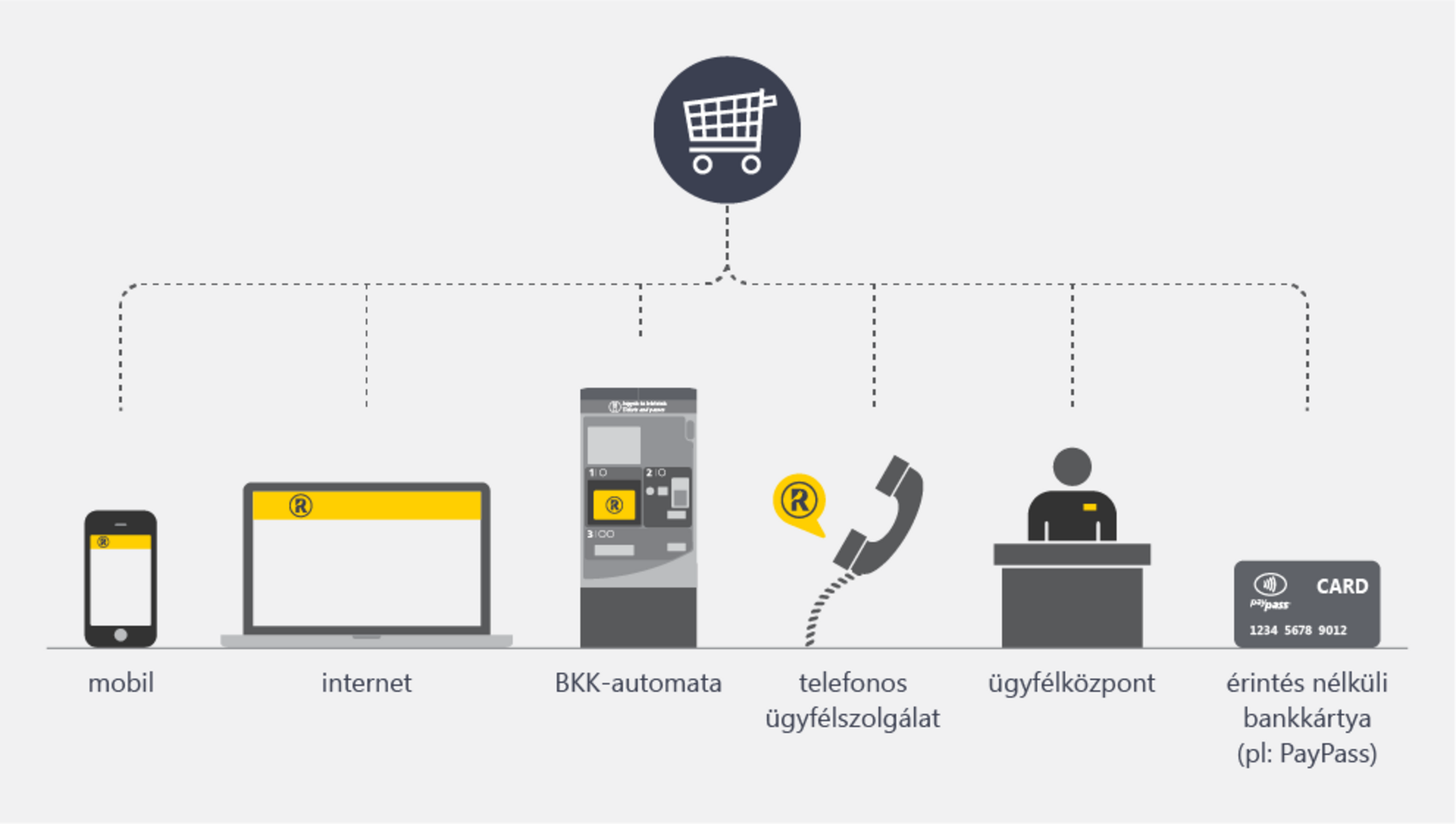
In terms of infrastructure, BKK will set up about 800 automatic ticket gates at all subway stops and a number of main suburban railway stations, and ticket inspectors will be equipped with more than 600 new mobile devices designed to make the inspection of the cards easier, faster, and – hopefully – less prone to conflict. Moreover, BKK will install more than 10,000 ticket machines on about 2,500 vehicles (including buses and trolleybuses, as well as trams) and another 450 at fully open suburban railway stations for additional convenience.
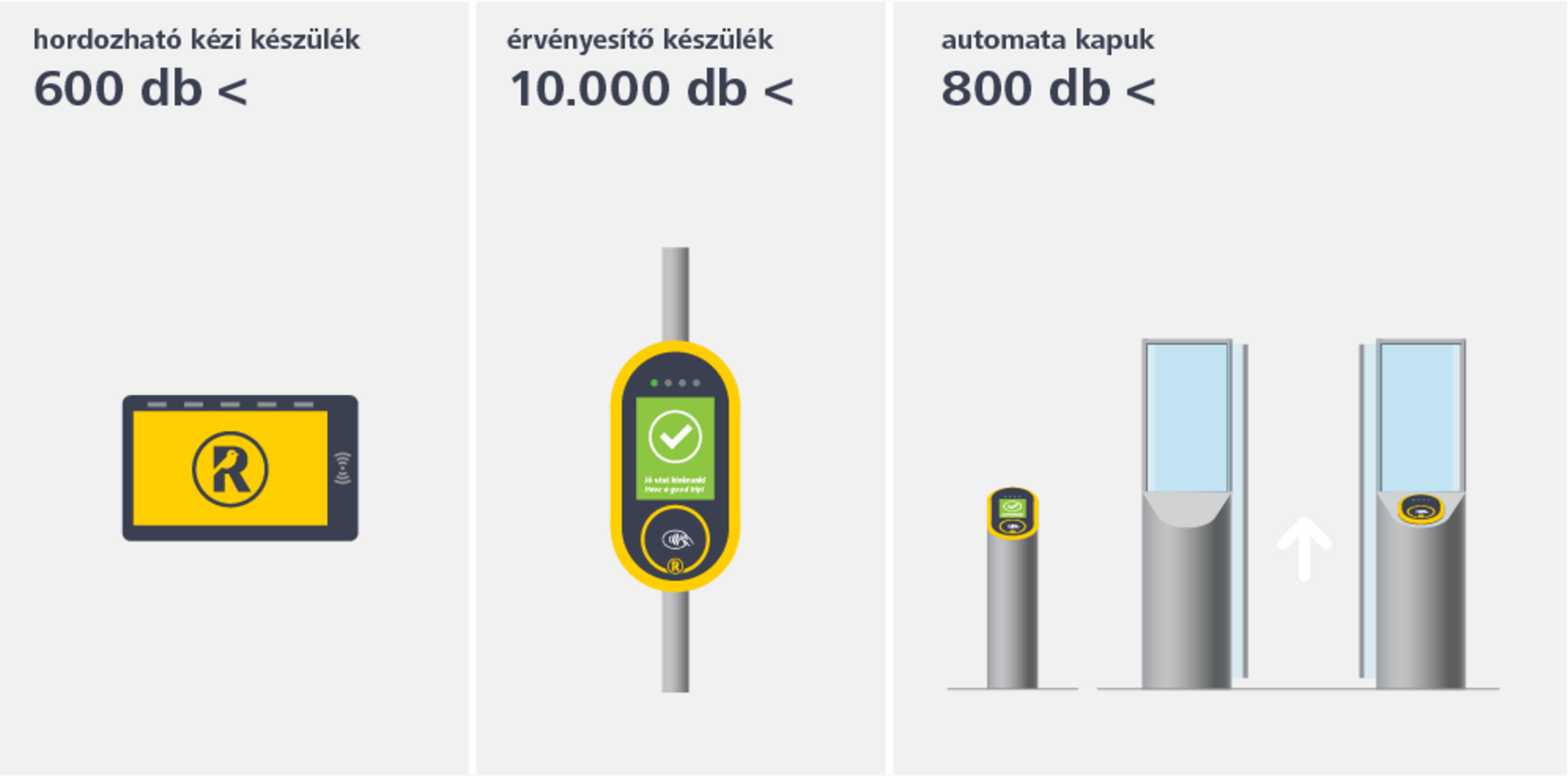
With the first gates scheduled to be installed at the end of 2016, the roll-out of the development is scheduled to occur in late 2017.
